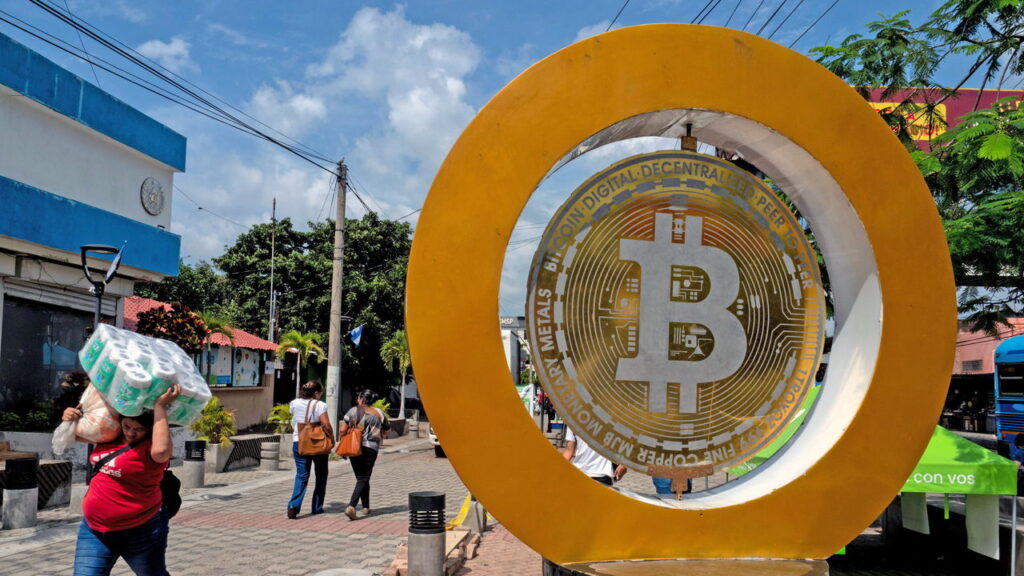The International Monetary Fund (IMF) has long been a pivotal player in the global economic landscape, particularly when countries find themselves in dire financial straits. One of the consistent prerequisites for securing an IMF bail-out involves implementing certain economic austerity measures or structural reforms. These measures, often seen as severe or even draconian, are frequently criticized due to their immediate socio-economic impacts on the country receiving assistance. However, the argument can be made that such curtailment is a price worth paying, especially when viewed through the lens of long-term stability and recovery.
Countries facing significant economic turmoil, such as high inflation, falling currency value, or large fiscal deficits, often seek assistance from the IMF to regain their footing. In exchange for financial support, the IMF typically requires these nations to adhere to a stringent set of guidelines and reforms aimed at reducing deficits, enhancing efficiency, and restoring investor confidence. This often entails cutting public spending, reforming taxation, and privatizing state-owned enterprises. While these measures may generate immediate backlash due to their impact on public services and social welfare, they are designed to promote fiscal responsibility and stimulate economic growth.
One significant factor in the debate around the IMF’s requirements for bail-outs is the societal context in which these reforms occur. For instance, in many cases, the income of the most vulnerable segments of society takes a visible hit. When government spending is cut, public services such as healthcare, education, and infrastructure can suffer, exacerbating social inequality. Therefore, critics argue that the conditions tied to IMF loans can perpetuate cycles of poverty and disenfranchisement in already struggling nations. On the other hand, proponents argue that these measures, though painful, are necessary for creating a pathway toward economic resilience.
Consider the case of Argentina, which has repeatedly turned to the IMF for bail-outs since the late 20th century. Each time, the country implemented varying levels of austerity and reform to comply with the IMF’s guidelines. Critics argued that these measures led to social unrest and increased poverty levels in the short term, but supporters highlighted that, without these interventions, Argentina would likely be in a far worse predicament. Historically, they point to moments when Argentina eventually navigated back to stability and growth, showcasing that, in some instances, the sacrifices made in the short term can lead to sustainable recovery.
Furthermore, it is crucial to consider the global implications of a country failing to adhere to the IMF’s requirements. When nations experience economic collapse, it can create ripple effects that extend beyond their borders, affecting global trade, investment patterns, and even political stability. In this light, the price of accepting IMF conditions for bail-outs can be viewed as not just a national concern but a global necessity. Failure to stabilize an economy can lead to increased migration, regional conflicts, and humanitarian crises, all of which demand international attention and resources.
That said, there are ongoing discussions about the nature and conditions of IMF bail-outs. Many economists and policymakers are advocating for a more nuanced approach that includes social safety nets and measures to protect the most vulnerable during periods of reform. This could involve setting aside funds specifically intended to shield low-income families from the brunt of austerity measures or integrating policies that ensure health and education are maintained. Such approaches could help mitigate the negative short-term impacts while still promoting necessary long-term reforms.
In conclusion, while the stipulations associated with an IMF bail-out may seem harsh and burdensome at first glance, they represent an essential strategy for economic recovery and sustainability. The complexities surrounding these conditions call for careful implementation and consideration of socio-economic impacts. As countries navigate the treacherous waters of financial distress, understanding the rationale behind these reforms can ultimately help societies emerge stronger and more resilient, making the painful sacrifices somewhat more bearable for the greater good.



